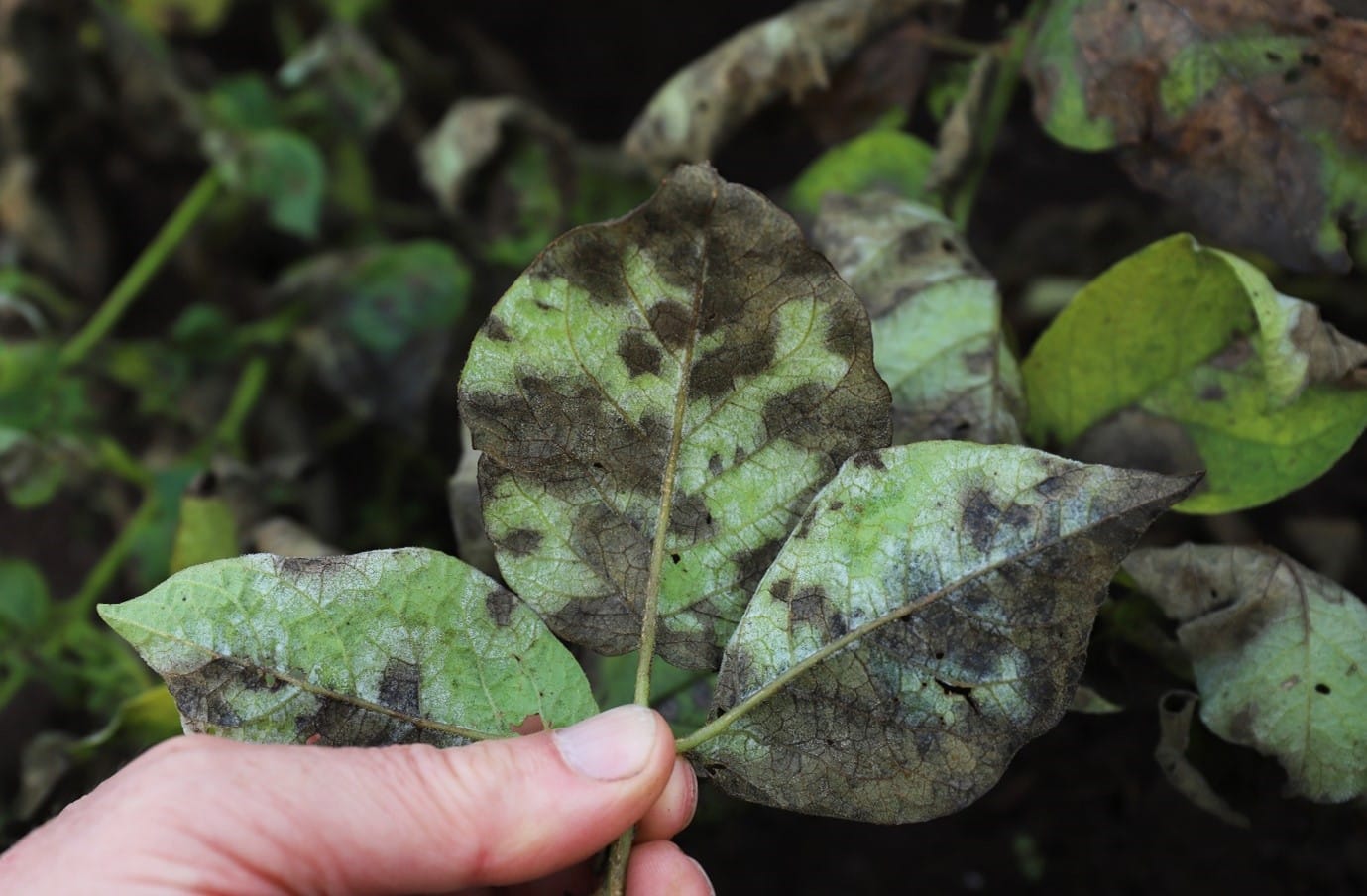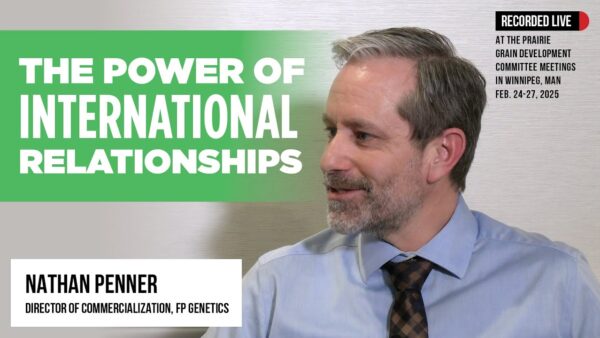Projected global population growth requires food production to increase by 70% before 2050 to meet demand. Pests and diseases are a major constraint to providing this food security: between 30-40% of our crops are lost to pathogens long before they reach our dinner plates. Increasing resistance of pathogens to pesticides and tightening regulations that restrict the use of our remaining chemical control agents have had a cumulative negative effect on food production. Beyond this, climate change is already increasing the spread of harmful pests and pathogens.
These issues, and many others, are the centre of discussions during the International Society for Molecular Plant-Microbe Interactions World Congress (IS-MPMI, 14th to 18th July), which will see more than 1400 plant scientists from 52 countries descend on Glasgow’s SEC Centre – the largest ever gathering of experts in this field.
Professor John Jones, leader of the James Hutton Institute’s Cell and Molecular Sciences group and co-organiser of the event, said: “In order to develop new ways to combat the plethora of pests and diseases in the environment it is essential to develop a full understanding of how different plants either survive or succumb to disease.
“In this fast-moving scientific field, timely communication between researchers is vital to uncover and learn from the molecular battles that occur between plants and the pests and parasites that infect them.”
Professor Paul Birch, head of the Division of Plant Sciences at the University of Dundee and a co-organiser of the gathering, added: “Delegates will hear about the latest advances in our knowledge of how pathogens infect plants and of how research can help to improve the plant immune system to fight off infection.”
IS-MPMI is comprised of members from around the world who research molecular aspects of how microorganisms interact with plants and the consequences of such interactions. Disciplines represented by IS-MPMI members include microbiology, nematology, plant pathology, plant breeding, and many more.
IS-MPMI researchers use cutting-edge techniques of molecular, cellular, and developmental biology, genetics, genomics, proteomics, and molecular ecology.
Source: James Hutton Institute












